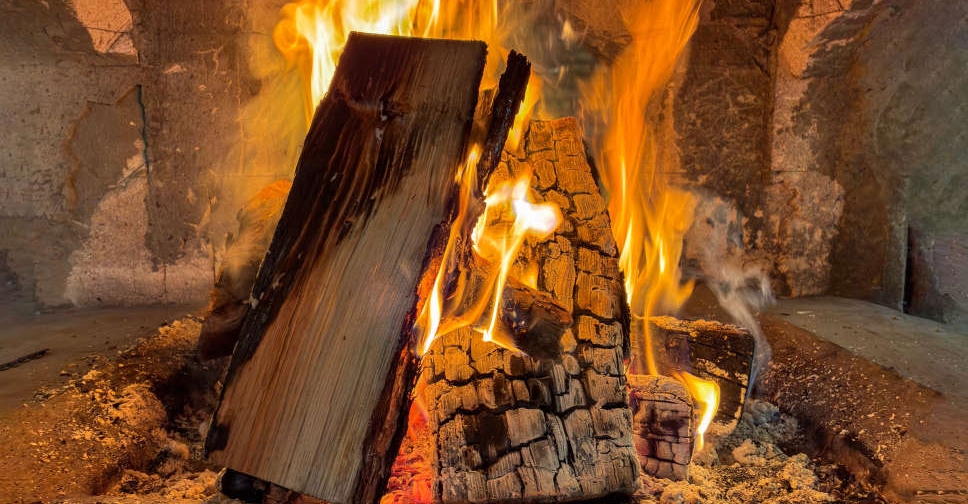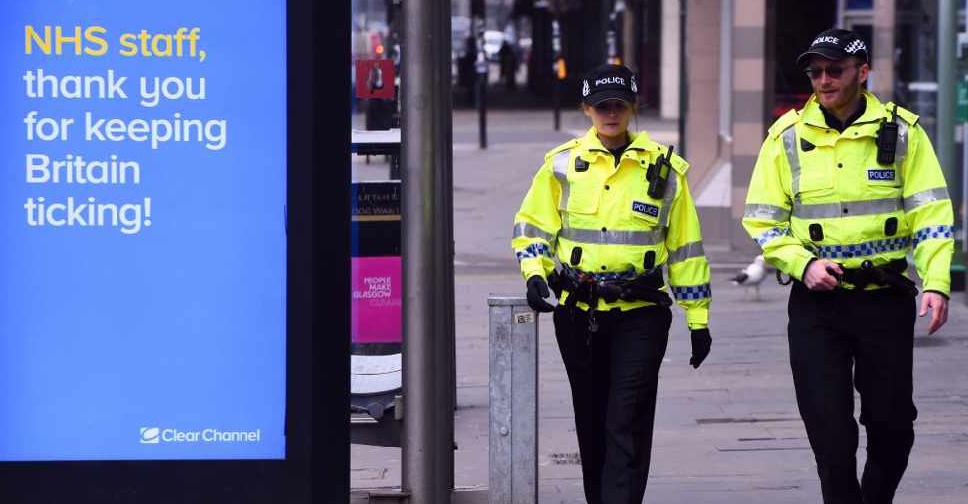
Some police officers in the UK have come under the scanner for heavy-handedness while enforcing social distancing guidelines in the fight against COVID-19.
Reports have emerged of officers using drones to spy on the public when they are outdoors, and some were even found ordering shops not to sell Easter eggs as they aren't "essential items".
A minister on Tuesday accused the officers of "going too far" and warned them against turning the country into a police state.
"The tradition of policing in this country is that policemen are citizens in uniform, they are not members of a disciplined hierarchy operating just at the government's command," Jonathan Sumption, a former UK Supreme Court judge, told the BBC.
"This is what a police state is like. It's a state in which the government can issue orders or express preferences with no legal authority and the police will enforce ministers' wishes."
According to the new rules, police can issue an on-the-spot fine of £30 (around AED 135) for people gathering in groups of more than two or leave their homes for non-essential reasons.
Meanwhile, Martin Hewitt, chairman of the National Police Chiefs Council (NPCC), said they were looking to adopt a "consistent" level of service.


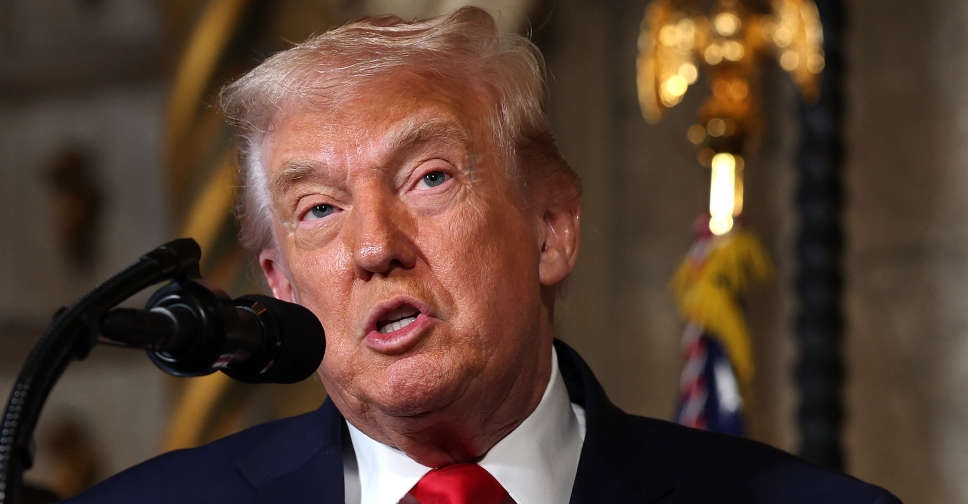 US launches strike against ISIS in northwest Nigeria
US launches strike against ISIS in northwest Nigeria
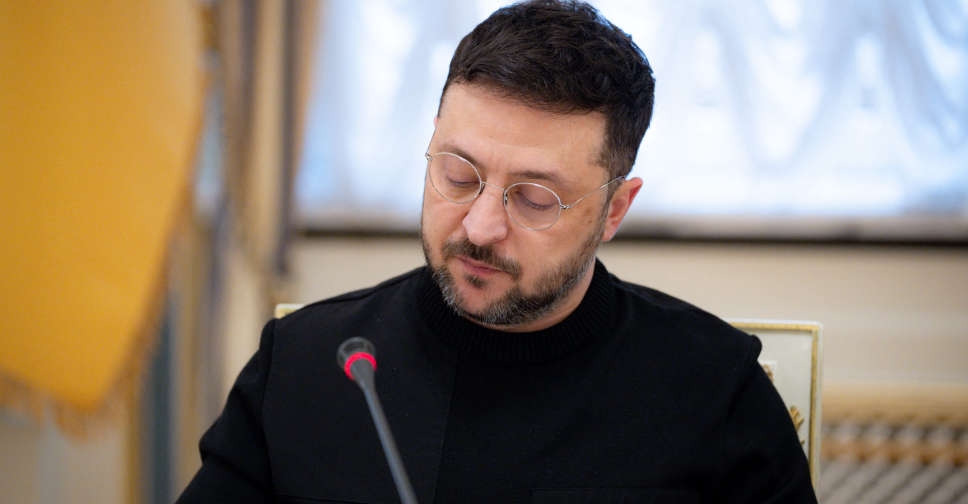 Ukraine president discusses "bringing peace closer" with US negotiators
Ukraine president discusses "bringing peace closer" with US negotiators
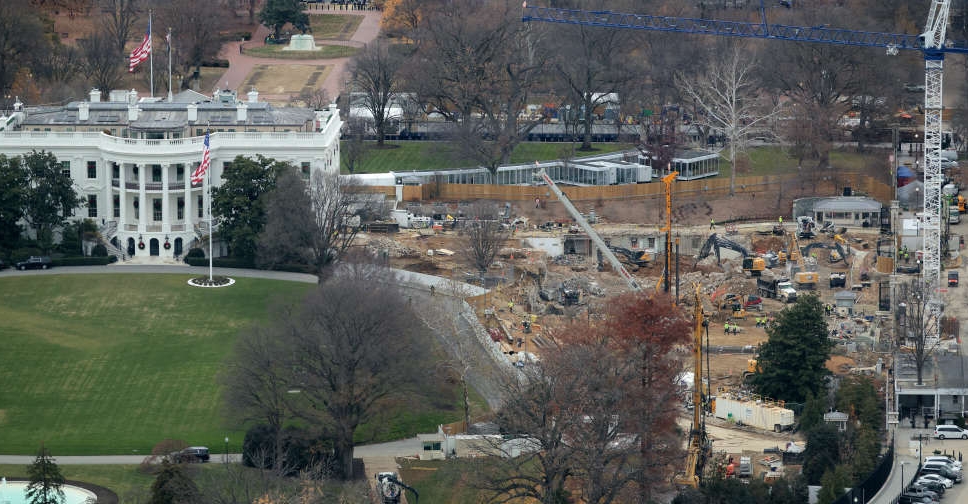 White House to present plans for Trump's East Wing ballroom in January
White House to present plans for Trump's East Wing ballroom in January
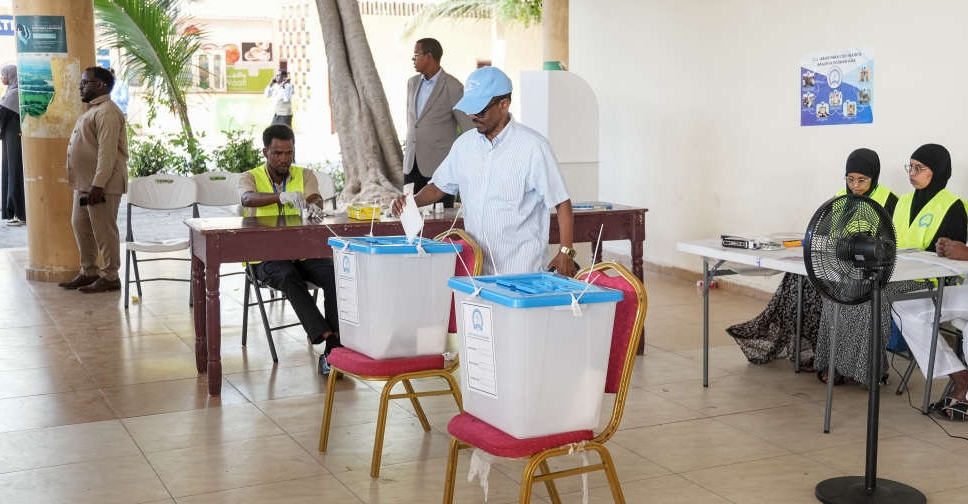 Arab Parliament welcomes direct municipal elections in Somalia
Arab Parliament welcomes direct municipal elections in Somalia
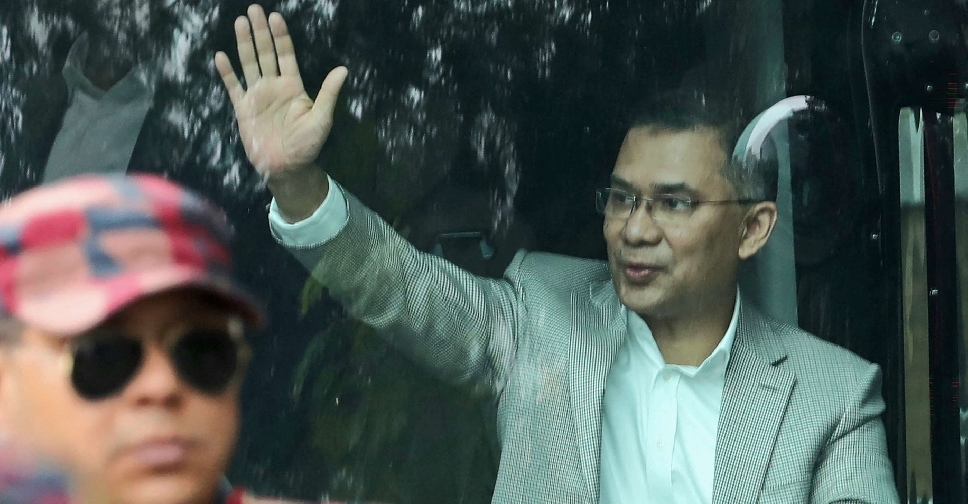 Bangladesh leader considered PM frontrunner returns from exile
Bangladesh leader considered PM frontrunner returns from exile


